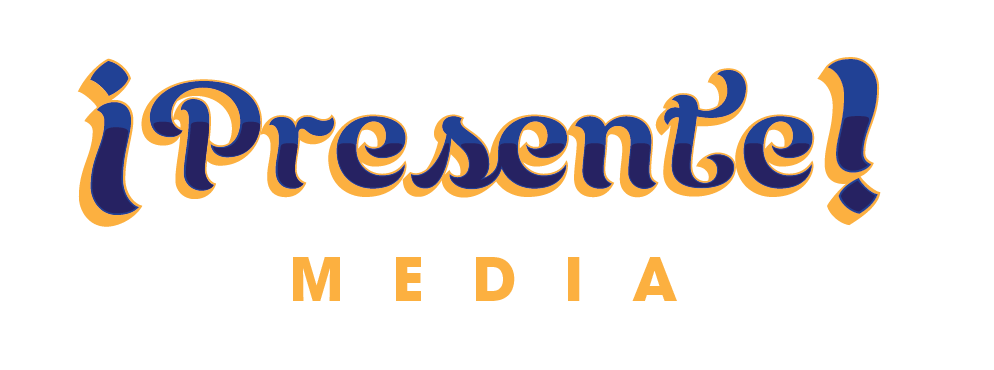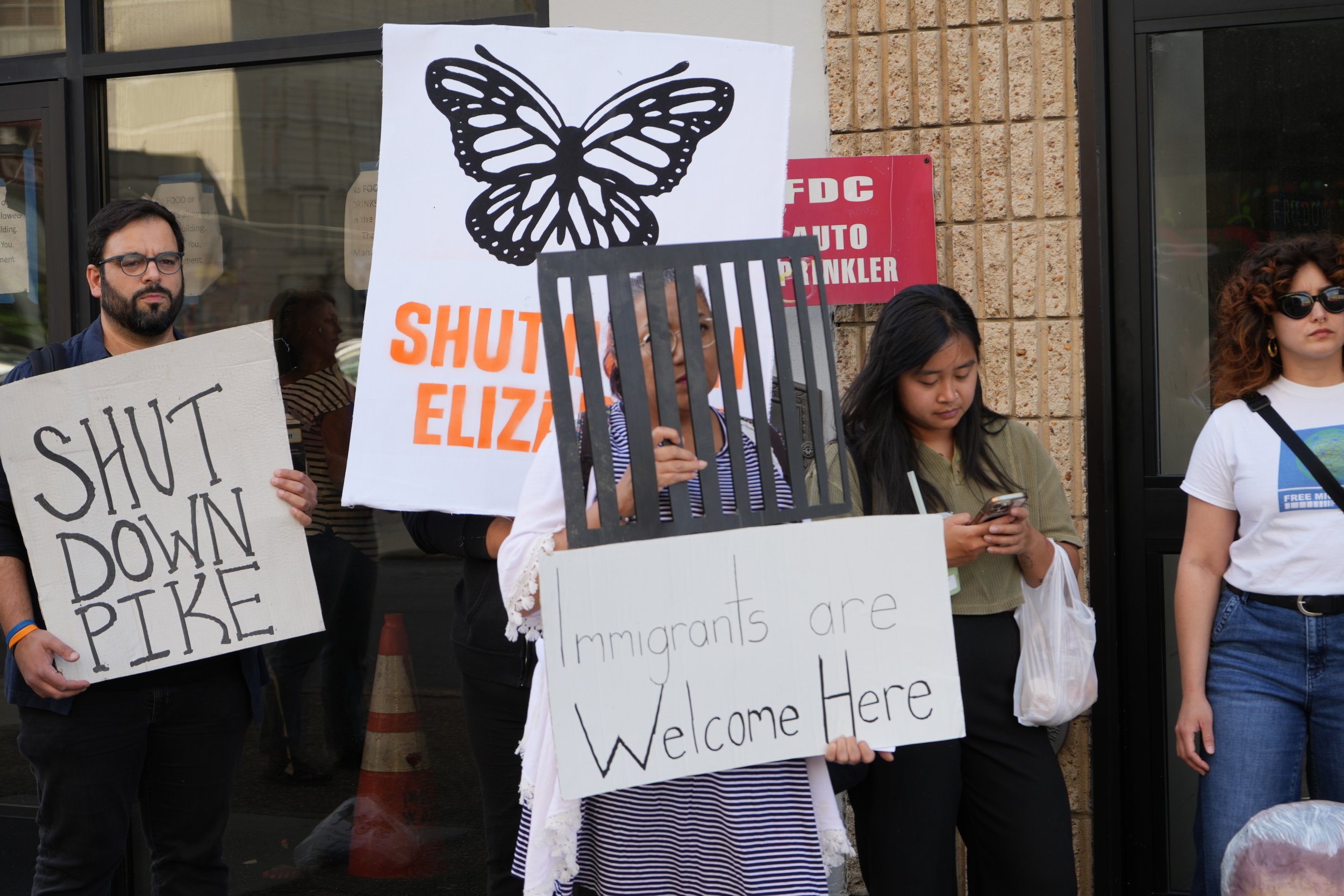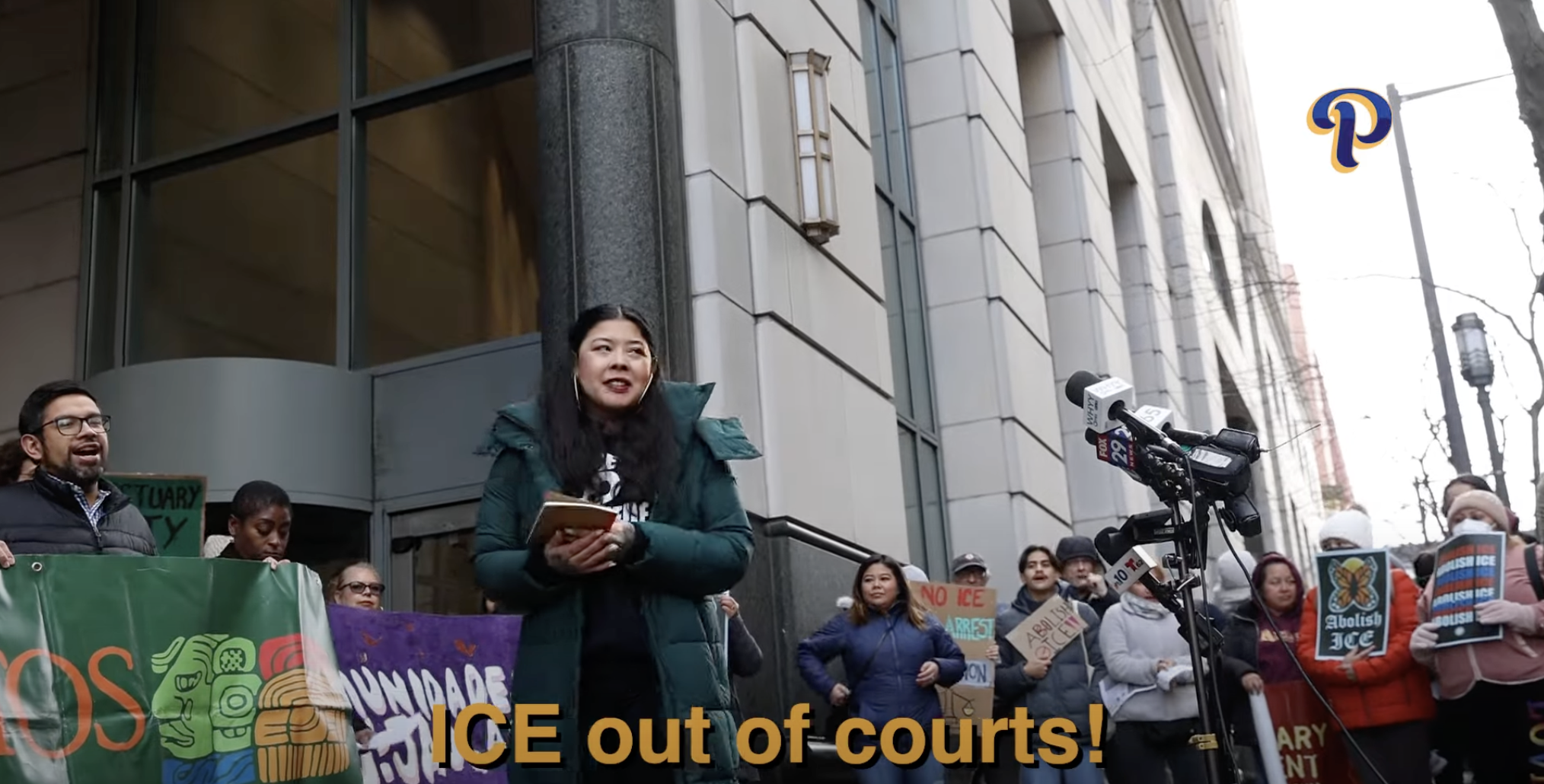Puerto Rican Voters: A Decisive Factor Nationwide
Grassroots organizations have stepped in where campaigns and the political establishment have failed to do outreach to more Puerto Rican voters in Philadelphia and throughout the state.
BY EMILY NEIL ON OCTOBER 29, 2020
Philly Boricuas during voting outreach on August 22, 2020. (Courtesy of Vanessa Maria)
Nationwide, Latinx voters hold an unprecedented power in the 2020 election cycle, now making up the second-largest electorate in the country. In battleground states like Pennsylvania, Latinx voters have the numbers to sway results in favor of one candidate or another. More specifically, Puerto Rican voters could hold the key to this election. Puerto Ricans comprise nearly half of the Keystone State's Latinx population, according to 2016 U.S. Census Bureau data. But why, then, do so many Puerto Rican organizers say that their communities have been disregarded by both campaigns, and the political establishment as a whole?
Two of those battleground states are Florida and Pennsylvania, both of which were won by less than 100,000 votes by President Trump in 2016. They also happen to be the states which received the highest number of Puerto Ricans moving there in the devastating aftermath of Hurricane Maria in September 2017.
Charito Morales, community organizer and activist, said that it wasn’t until the middle of October that she had heard from someone from Biden’s campaign.
Morales and organizers with the grassroots group Philly Boricuas have been doing the work of engaging and registering voters.
Morales noted that a lot of Puerto Ricans who moved to Pennsylvania just after Hurricane Maria are going to be able to vote in the presidential election for the first time. A priority for Philly Boricuas organizers was engaging and educating those first-time voters about the process and what to expect.
Morales said that the Biden campaign has been “neglectful,” but at the same time Philly Boricuas and others have been working to do what they must in order to “remove this individual from the White House,” Morales said, referring to President Trump.
“They wait for the last minute to act like they were doing something,” Morales said. “Our organizations, Mijente Support Committee, ACLU, Philly Boricuas...have been out there for almost two months in the middle of the pandemic doing what was right. With no money, no budget.”
Philly Boricuas during community outreach with ACLU staff members on August 22, 2020. (Courtesy of Vanessa Maria)
Barriers to voting for Puerto Ricans can vary. Some people may have changed their addresses; others might not be technologically savvy and unsure of how to navigate the registration process online; while others may have questions about the candidates, platforms, and ballot questions. Newly arrived Puerto Ricans are also not familiar with the electoral process in Pennsylvania, which differs significantly from the electoral process on the island. For example, in Puerto Rico, every race is held in the same calendar year, for all positions.
“The reaction I would get from Puerto Ricans, knocking on their doors, was, ‘Is there an election again?’” Dr. Victor Vazquez-Hernandez, professor at Miami Dade College, said.
Carmen Febo San Miguel, executive director of Taller Puertorriqueño, also noted what she describes as “an interesting phenomenon”: Voter participation rate in Puerto Rico’s elections is very high, but when Puerto Ricans move to the mainland, their participation rate in U.S. mainland elections trends much lower.
Morales said she and the other organizers worked to address all of these issues and create awareness in Spanish and English about the voter registration process and local and national politics. They have hosted a number of outdoor voter registration events in the predominantly Puerto Rican neighborhoods in Northeast Philadelphia, in partnership with ACLU PA, Mijente Support Committee, West Kensington Ministry, APM for Everyone, and other partners.
In all, Morales said that Philly Boricuas has reached out to 422 people between Hunting Park and the Juniata area, and more than 172 people in the 19133 zip code area in Fairhill and West Kensington. Philly Boricuas has also been going to different areas in the Germantown area.
At an event on Oct. 17, just two days before the voter registration deadline in Pennsylvania, Philly Boricuas held another voter registration event at Ninth and Hunting Park. Morales said that they registered nine new voters, and many of the people who passed by told them that they had already cast their ballot.
Philly Boricuas during voter registration event at Ninth and Hunting Park Oct. 17, 2020. (Courtesy of Vanessa Maria)
“We are the last domino piece on this. I’m confident that we have outreached the numbers and to have a big possibility to win Pennsylvania,” Morales said.
Vazquez-Hernandez said that he’s “encouraged by people like Philly Boricuas,” who have been organizing at the grassroots level. But the question remains that after 2020, regardless of who wins, will Puerto Rico be on the national political agenda?
Febo San Miguel believes several changes have occurred in the past few years that have the potential to spotlight Puerto Rican concerns at the national level. One significant shift, she said, is that In the past 10 years, the population of Puerto Ricans living in the diaspora on the mainland has risen to be higher than the population living in Puerto Rico.
“That creates a different reality and a different relationship,” Febo San Miguel said.
From her personal perspective, Febo San Miguel said that the two candidates present two very distinct platforms on Puerto Rico.
From President Trump’s campaign, she has seen “not only disregard but disrespect related to all of the issues of Puerto Rico,” referencing the infamous moment weeks after Hurricane Maria when President Trump tossed paper towels into a crowd of people in Puerto Rico while the island was still reeling from the storm. The president has also criticized Puerto Rico’s leadership in the past, including San Juan Mayor Carmen Yulín, and taken a defensive stance. In a recent ad, the Trump campaign highlighted Trump’s response to Hurricane Maria as a reason for why “Puerto Ricans can count on Trump,” while attacking Biden for having voted for the elimination of Section 936, which gave tax breaks to companies on the island.
Febo San Miguel’s assessment of the Biden campaign is that their policies on Puerto Rico are more “comprehensive” than what is usually discussed, including the campaign’s focus on “parity in funding.” In his plan for Puerto Rico, outlined in an op-ed published in September in the Orlando Sentinel, Biden called for greater investment in Puerto Rico on the part of the federal government as well as mainland companies, an increased focus on clean energy, tripling the funding for Title I schools (both on the island and on the mainland), and establishing a federal working group on Puerto Rico. The Democratic candidate stopped short, however, of calling for reform of the Fiscal Control Board, or a repeal of the Jones Act, as Latino Rebels writes.
Vazquez-Hernandez noted that the story of the Puerto Rican vote is not dissimilar to that of many immigrant communities.
“Puerto Ricans are legally migrants and not immigrants. In many ways, it's the path of immigrants in America and that goes to the economic front as it goes to the political front. This is an evolving story,” Vazquez-Hernandez said.













